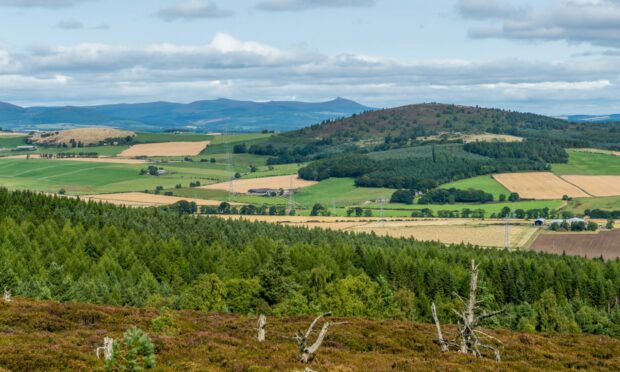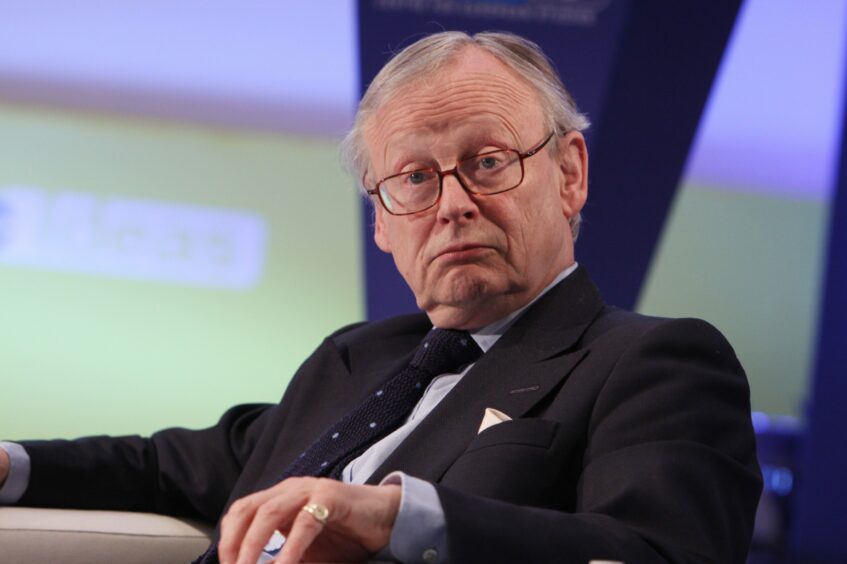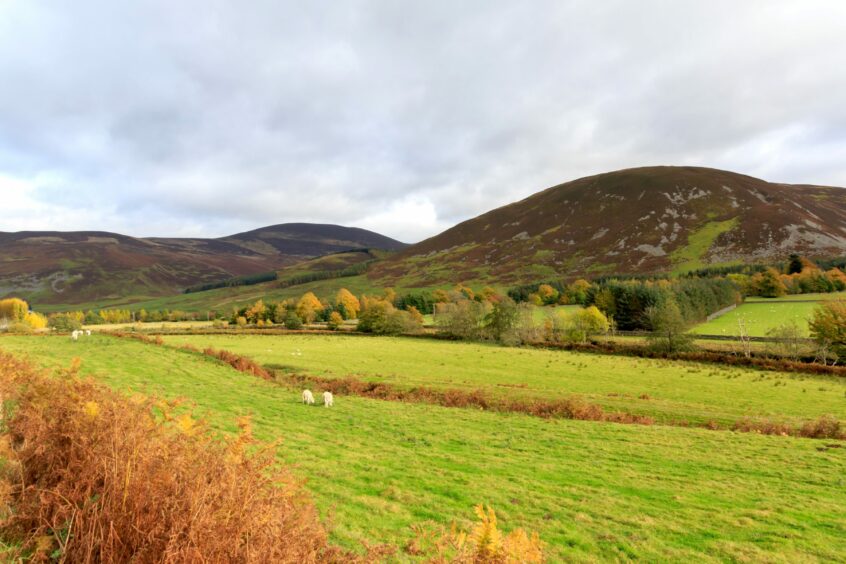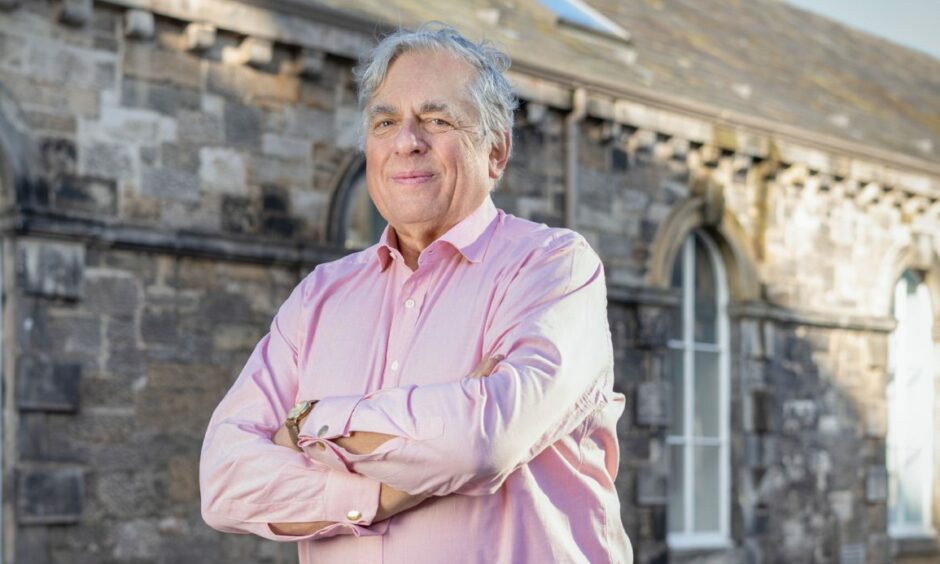The UK’s foremost voice on climate change has joined Scottish farmers and landowners in demanding more detail from government on the policy and tools that will help the industry reach net-zero targets.
Both the Scottish and UK governments came under fire for not providing “proper parameters” for land managers when Lord Deben, the chair of the UK’s Climate Change Committee, addressed an online conference hosted by Scottish Lands & Estates (SLE).
He said land users knew what they had to do but they needed clear details on the support that would be available and how success would be measured.
“Farming is a long term business and you really have to know well in advance what support you’re going to have , how it is going to be accommodated in your business and what changes you need to make,” he said.
“I’m convinced landowners are willing to do it, but won’t do it unless governments step up to the mark and we have the proper measurements that allows them to celebrate successes and also measure failures.”
The Conservative peer also slammed the trade deal with Australia as “unacceptable” and said farmers and landowners could only be asked to do what is necessary if they’re not undermined by cheap food coming in and undermining the climate.
He added: “Not only do you undermine the people doing the job here, you’re also encouraging people who’re not doing the job in their countries and that has a direct effect on the climate.”
Lord Deben identified the re-creation of peat as a top priority for Scottish land managers.
“Peat is crucial for fighting climate change and will be a very serious part of landowners’ responsibility,” he said .
“The Climate Change Committee has shown we will have to recover all peat land by 2045 if we’re going to have a chance of meeting the 2050 targets.”
Lord Deben’s comments were echoed by SLE chair Mark Tennant, who told the conference that while rural businesses were already delivering in reducing emissions and storing carbon, there was a need to go further.
“Tools rather than targets now need to be delivered if we are to truly tackle climate change. We need government, business and society at every level to step up and alter their approach – and that includes Scotland’s rural businesses,” he said.
“We still see too much hope pinned on new technology riding to our planet’s rescue. We need honest discussion about cutting our carbon consumption as a society and about how domestic improvements in emissions often simply transfers pollution to other areas around the world.”



